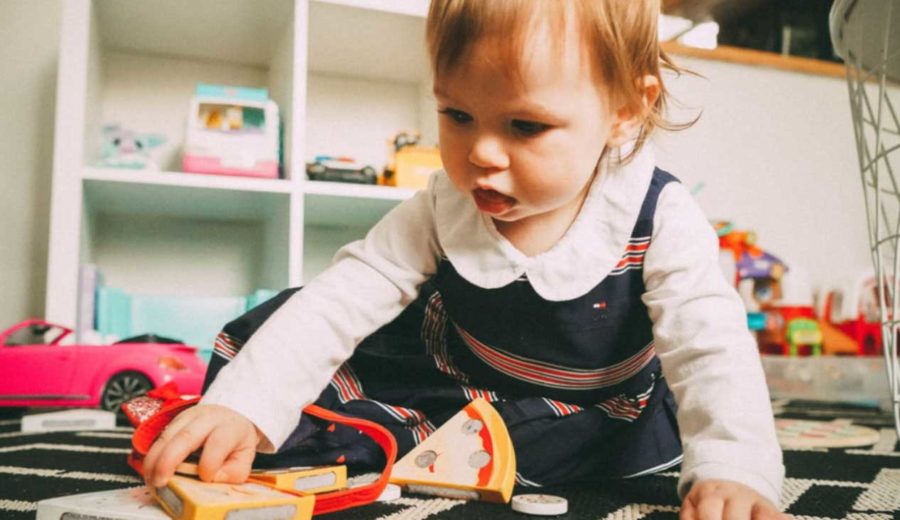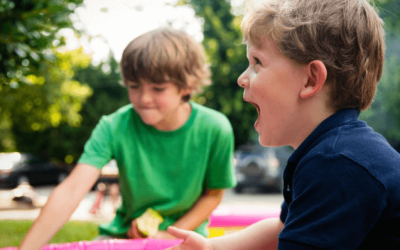U.S. Census Bureau data shows that 6.7 billion children receive some sort of care from a non-relative on a regular basis. Of those, 4.8 million children attend a preschool program or daycare center. And while these programs are undoubtedly beneficial for childhood development, families may worry about their child’s exposure to germs.
Of course, any preschool classroom should have a solid routine for sanitizing toys and disinfecting surfaces to minimize the spread of bacteria. But even so, it’s still very possible for preschoolers to get sick. If and when they do, it’s often easy for these illnesses to spread among other preschool students in a class.
Although common colds are par for the course, parents will want to do everything in their power to keep their children healthy. With these tips in mind, your family can get the most out of preschool — thus prioritizing important childhood development milestones — while potentially protecting your child from various illnesses.
Ask About Sick Policies
A top preschool near you should have specific policies pertaining to sick days for students. That said, not all preschools operate in the same way. It’s essential to ask this question prior to enrolling your child, as the facility might be more lenient than you realize. Some schools or daycare centers are more accommodating for working parents — which can be a blessing, in many ways, but it can also promote the spread of germs. Whatever their policy is, make sure you’re completely comfortable with it before your child starts school. Otherwise, you may find that their health could be compromised.
Keep Your Kiddo Home
Regardless of your preschool’s policy regarding sick children, you should opt to keep your little one home if they’re sick. Keeping your child contained within your home can stop the spread of germs while allowing your kiddo to get the rest and care they need to recover more quickly. It’s always best to err on the side of caution when possible. If you’re not able to stay home with your child, enlist the help of a trusted family member or babysitter (be sure to let them know about your child’s illness first!). Sending your child to school despite their sickness can result in greater disruptions for your family, make recovery more difficult, and prompt widespread infections among both students and teachers.
Teach Healthy Habits
There are a number of steps parents can take to boost their child’s immunity and encourage healthy habits for a lifetime. Teaching proper hand-washing, for example, can be an easy way to prevent the spread of germs. While your child may think nothing of touching common items in your home or in the classroom before or after sticking their fingers in their eyes or mouths, you can minimize cross-contamination with improved hygienic techniques. Make sure to use plenty of soap and sing the “Happy Birthday” song to maximize effectiveness. You’ll also want to promote a balanced diet rich in fruits and vegetables, as well as a healthy sleep schedule. Regular exercise can certainly help, as well, as can remembering to cover one’s nose and mouth when sneezing or coughing. By establishing these habits early, your child will remember to prioritize them at school — and may even teach other children in the process.
Think Before Sharing
One of the skills acquired during this pivotal childhood development period may be the importance of sharing and cooperating with others. While that’s certainly important in the preschool classroom, there may be good reason to cut down on sharing with others. In situations where children typically use communal craft supplies or pass around eating utensils, it’s a better idea for each child to be given their own item. Sharing cups, plates, or scissors can allow germs to spread, so it’s best to send your child to school with their own when possible. Of course, sharing the hand sanitizer is recommended.
While you may not be able to prevent all illnesses from spreading, taking these preventative steps can allow your young student to benefit from greater childhood development and a healthier lifestyle overall. For more information on our preschool classroom policies, please contact us today.




